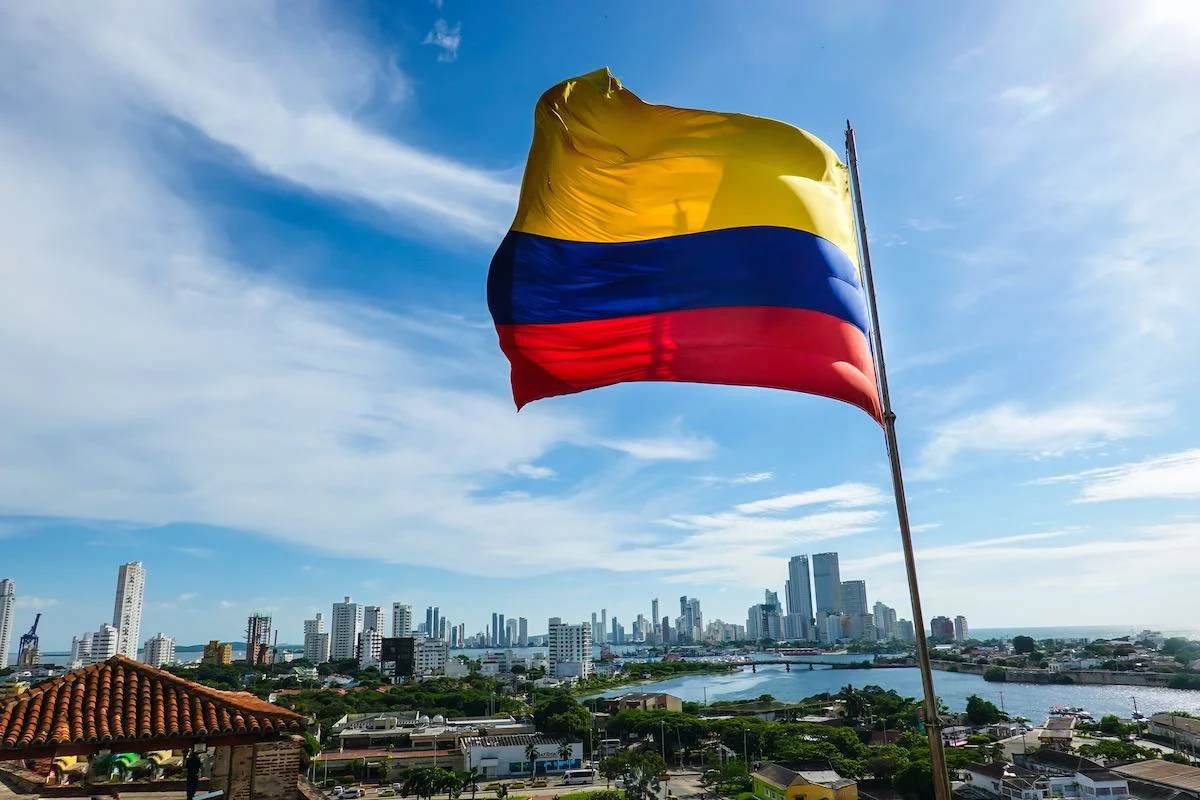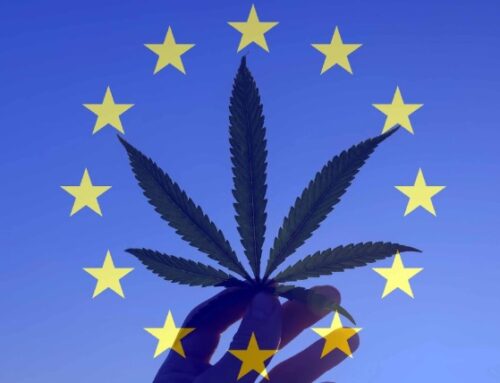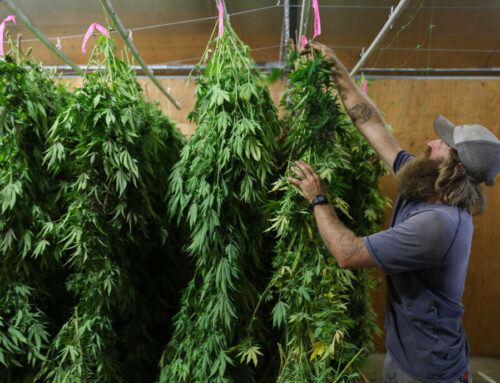Colombia Pivots Drug Policy Amid Global Changes
LOS ANGELES- In a bold move reflecting the changing landscape of the worldwide narcotics struggle, Colombia has introduced a fresh drug policy, signaling a significant departure from traditional enforcement-centered methods. President Gustavo Petro accentuated the evolving global attitude towards drug enforcement, highlighting the notable shift in U.S. drug policies.
In the official proclamation, Petro clarified that the revised strategy will distance itself from imprisoning rural farmers. He elaborated, “We aim to empower peasants and ethnic groups, demonstrating to the global community the potential of a policy that prioritizes prosperity over prison cells, community development over extradition, and government transparency over repression.”
The announcement comes amidst growing international recognition of the war on drugs’ inefficacy. In related news, there has been acknowledgment that the revenue from Colombian cocaine is nearing the nation’s oil revenue, underscoring the urgent need for transformative drug policies.
U.S. Cannabis Policy: A Point of Contention
As covered by Marijuana Moment, Petro didn’t shy away from critiquing the U.S. during his address. He recalled his experience in New York City, commenting on the conspicuous smell of cannabis. Drawing attention to the irony, he labeled it an “enormous hypocrisy” for the U.S.—the nation that spearheaded the international drug war—to legally sell cannabis.
Stressing his observation, Petro remarked, “In Times Square, marijuana is readily available. Its aroma permeates the streets. Yet, they market it no differently than any other commodity. I surmise they levy taxes on its sale, contributing to New York’s revenue.”
He reminded his audience of the U.S.’s pivotal role in universalizing the drug war over the past half-century, leading to widespread incarcerations and violence emanating from drug proscriptions.
Blueprint of Colombia’s Renewed Drug Strategy
Launched on October 3, the new Colombian drug policy aspires to:
- Diminish the nation’s cocaine production by 43%.
- Counteract the environmental ramifications of unauthorized drug cultivation.
- Curtail drug-induced violence and law enforcement altercations.
- Promote social inclusivity, protection, and care for drug consumers.
Additionally, a significant emphasis is placed on disrupting the vicious cycles of impoverishment, aggression, and criminal indictments in narcotics-producing areas. The overarching vision is to cultivate a thriving agrarian economy, creating a conducive environment for the Colombian youth to chase educational and professional ambitions.
For a comprehensive analysis of this development, readers are directed to the detailed report on Marijuana Moment.



































